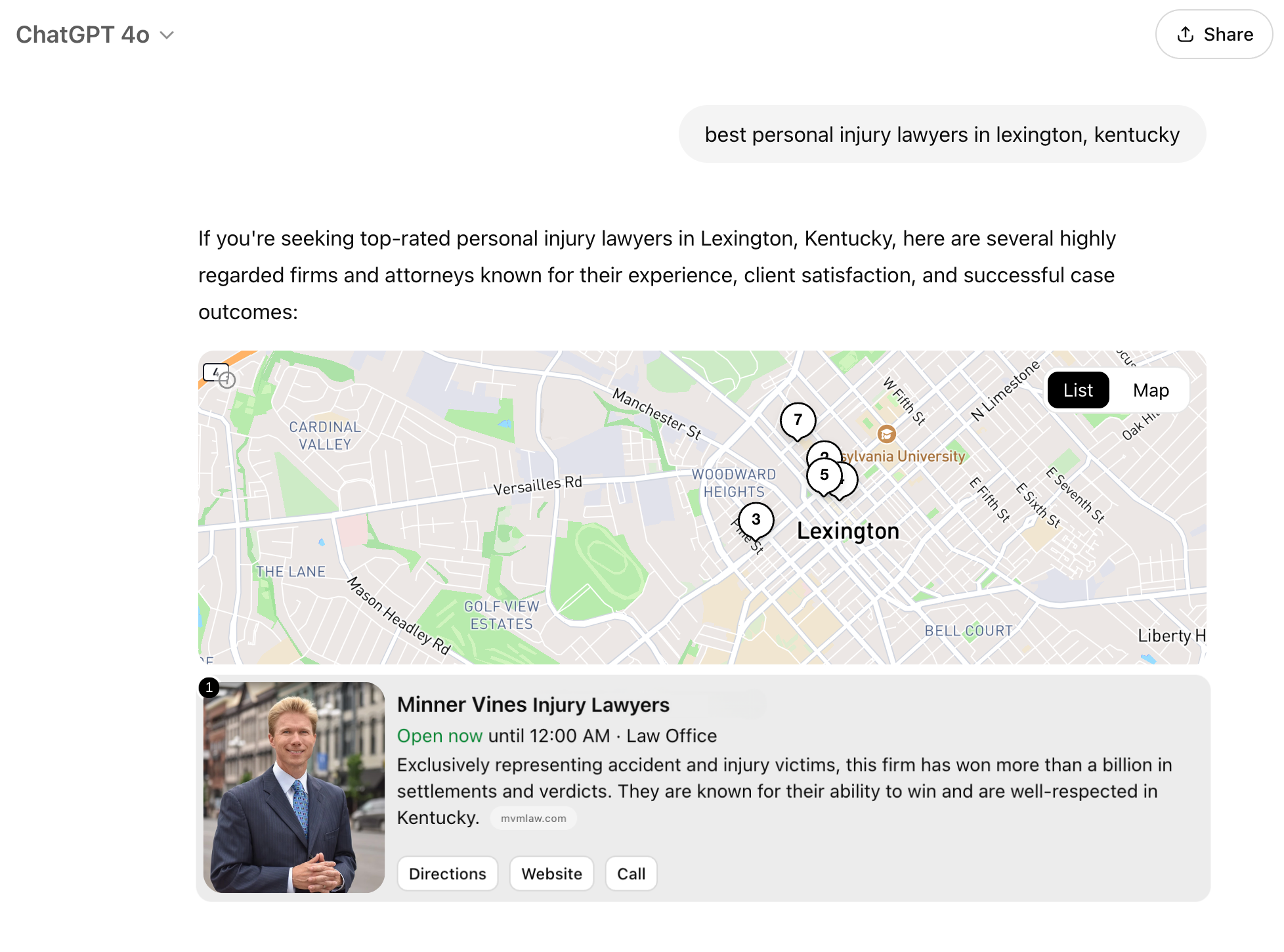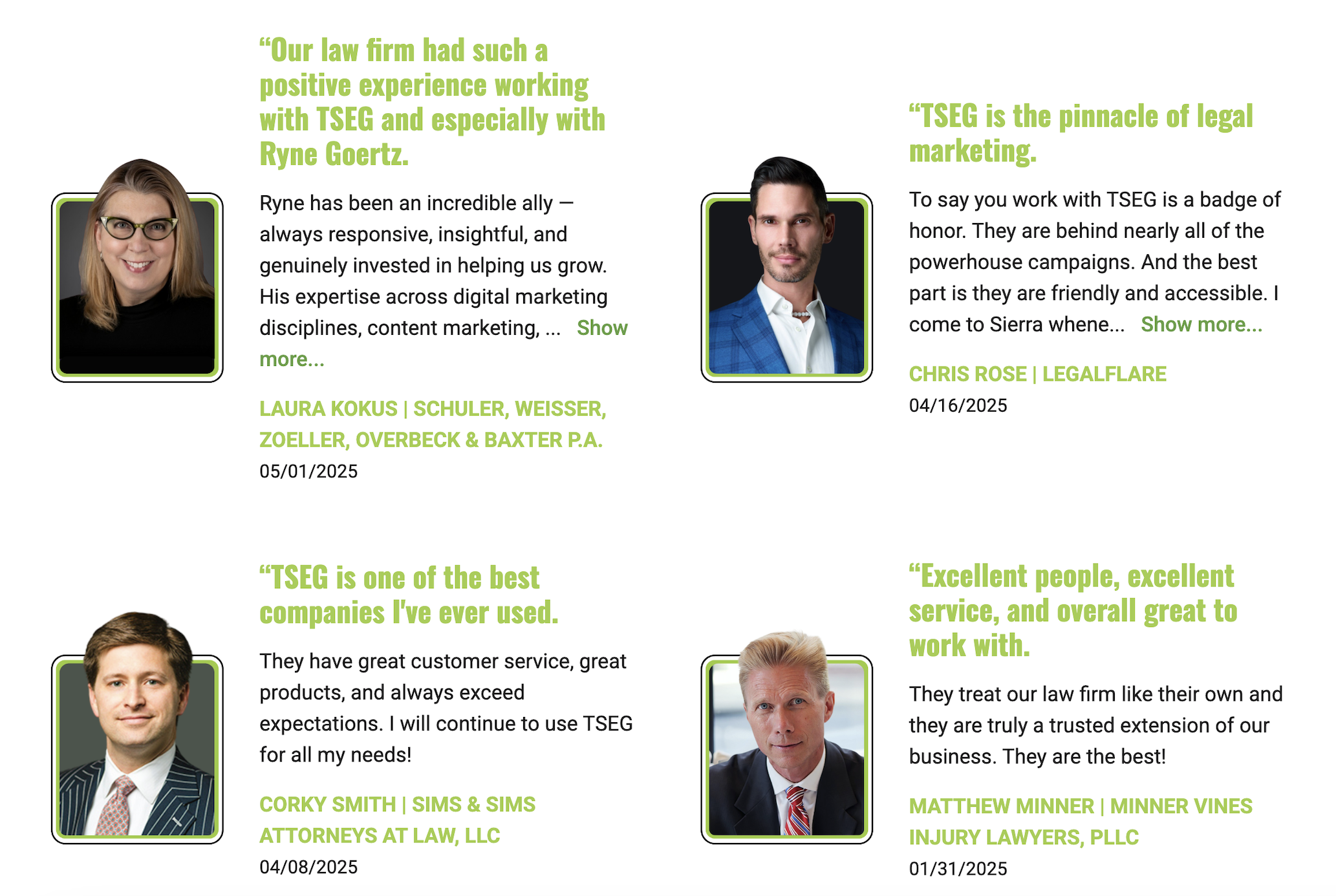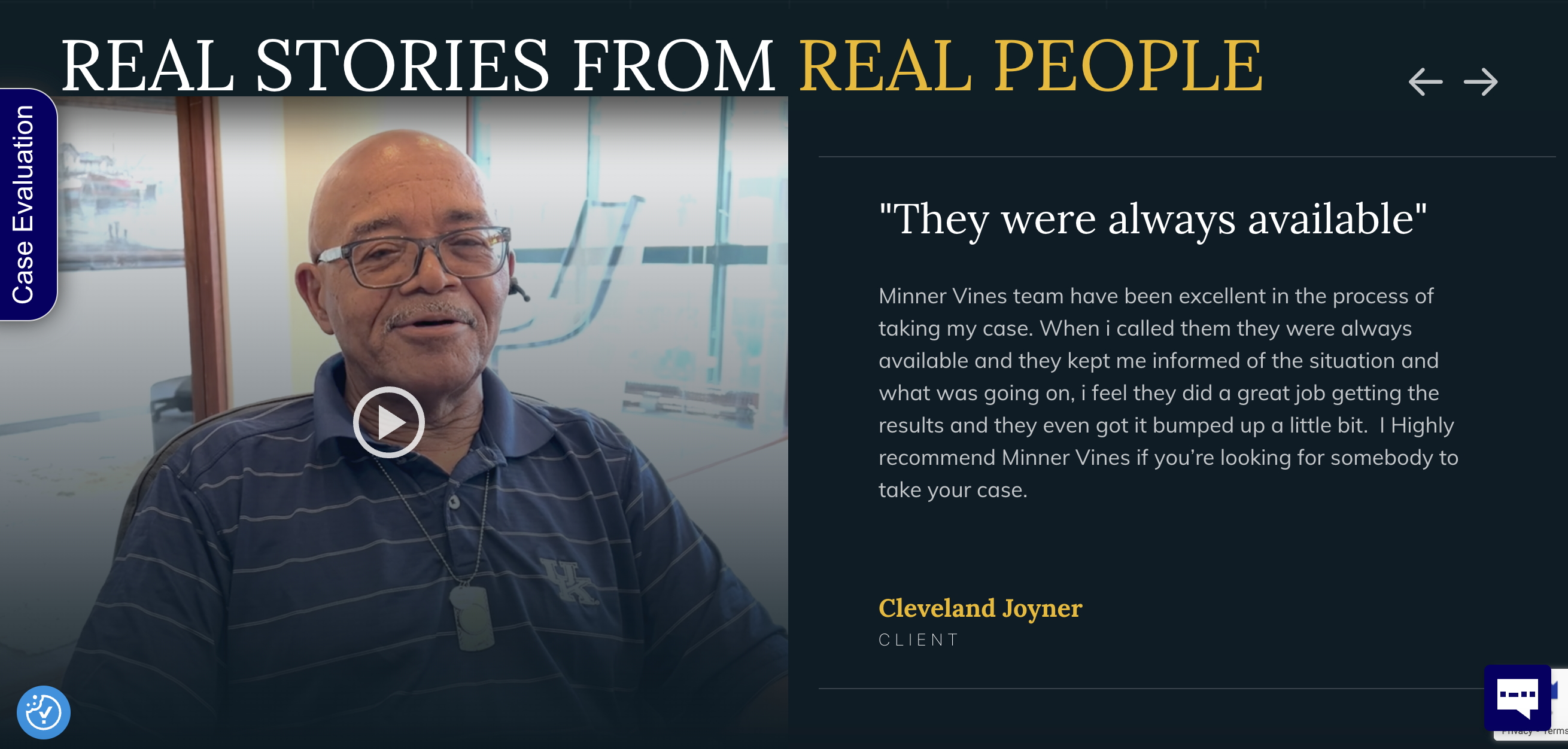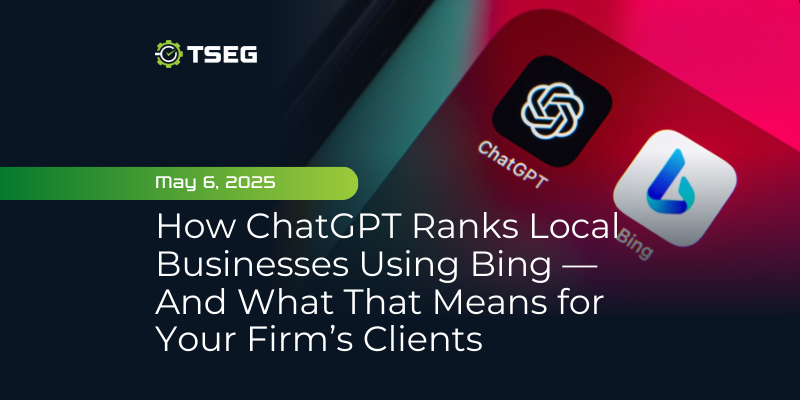How ChatGPT Ranks Local Businesses Using Bing — And What That Means for Your Firm’s Clients
Posted on Tuesday, May 6th, 2025 at 1:34 pm
ChatGPT Is Now Surfacing Local Business Results—But Not Like You’d Expect
Unlike traditional search engines, ChatGPT doesn’t pull from Bing Places listings, can’t access embedded reviews from third-party platforms, and has no direct access to Google data. So if a business has relied heavily on Google Business Profiles or Bing Places to appear in search packs, they’re missing a key part of the picture.
What ChatGPT does see is Bing’s web search index—essentially, the same set of links and pages you’d see in a standard Bing results page. From there, ChatGPT filters and assembles its own version of a local answer. The map that sometimes appears is part of OpenAI’s front-end interface, visually organizing data that the model identifies in its response.
For law firms, this presents both a challenge and a strategy opportunity. Visibility in AI-powered search tools like ChatGPT isn’t dictated by checklists in business dashboards anymore. It’s built on how well a business’s digital footprint shows up, and holds up, on the open web.

What ChatGPT Sees And What It Ignores
ChatGPT doesn’t access business profile tools like Bing Places or Google Business Profiles. It also doesn’t pull data directly from Google. Instead, it runs a Bing search in real time, scans the top 20 to 30 web results, and selects content based on its own internal criteria, not Bing’s rankings.
The chatbot’s answer will show business websites, review platforms, local directories, and blogs that present structured, verifiable information like addresses, hours, review averages, and contact details. ChatGPT favors sources it trusts (i.e. Yelp, BBB.org, and local media outlets) and skips anything hidden behind a paywall or missing attribution.
The final result isn’t a mirror of Bing or any other search engine. It’s a curated list based on what ChatGPT finds credible, specific, and easy for users to verify. So even if your business ranks well on Google Maps or has a detailed Bing profile, ChatGPT won’t see it unless that information is echoed on public-facing pages that show up in Bing’s organic results.
For attorneys trying to boost their firm’s visibility, this means one thing: your web presence must be structured and accessible, not just technically optimized.
8 Ways to Boost Visibility in ChatGPT’s Local Results
The way ChatGPT surfaces local results is a growing factor in digital visibility. It references public-facing content found in Bing’s web results and ranks it using its own standards of credibility and structure. Here’s how to help your firm show up.
1. Keep Your Website Structured and Informative
ChatGPT favors websites that clearly present key business details. Include your firm’s address, hours, phone number, services, and testimonials using structured data. Pages with rich metadata are far more likely to be picked up and cited.

2. Optimize Your Bing Places Profile
While ChatGPT doesn’t access Bing Places data directly, your Bing profile still affects how your website ranks in Bing’s organic results. A well-maintained listing can help your site appear in the top 20–30 links ChatGPT reviews for a query.
3. Strengthen Presence on Trusted Review Sites
Sites like Yelp, Facebook, and Better Business Bureau are commonly referenced in ChatGPT results. Make sure your listings are accurate, publicly visible, and updated regularly, especially with consistent NAP (name, address, phone number) data.
4. Ask Clients to Post Reviews Where They’ll Be Seen
Encourage clients to leave reviews on platforms that show up in Bing results. ChatGPT relies on these sources to find and verify business quality. A 4.8-star rating with 200+ reviews on Yelp may carry more weight than 500 hidden testimonials on a private portal.
5. Get Mentioned in Local Directories and Media
Inclusion in “Best of” lists, local blogs, or business roundups from credible sources can help your firm show up. ChatGPT often pulls from these when they appear high in Bing’s results, especially when the content is well-organized and specific.
6. Stick to Clean, Consistent SEO Practices
Make sure your business name, address, and contact info are the same across your site, directories, and social pages. Avoid technical issues like duplicate pages, missing metadata, or broken links that could drop your site’s standing in Bing.
7. Publish Useful, Niche Content That’s Easy to Find
ChatGPT favors pages that go beyond basic descriptions. Content like “How to Choose a Personal Injury Lawyer in Texas” gives the model more reason to cite your site in relevant queries.
8. Watch the First 30 Bing Results Like a Hawk
Since ChatGPT pulls from the top 20–30 Bing results, your placement in that range matters. Search key terms related to your firm or your clients’ businesses and monitor which sources consistently appear. Adjust your content strategy to meet or beat those competitors.
Why This Matters for Your Firm – And Your Potential Clients
ChatGPT is already influencing how people find and evaluate local businesses, even if they’re not searching on a traditional platform. For law firms, this presents two opportunities: helping your clients stay visible in AI-powered results, and positioning your own practice to stand out in a space where credibility, structure, and relevance matter more than ever.
Being present in structured, well-organized, public content is now the difference between being mentioned and being invisible on GPT. This applies whether your firm ranks #1 or #30 on Bing – which should apply to all firms actively working on their search rankings.
At TSEG, we specialize in building the kind of digital authority ChatGPT notices. We help law firms strengthen their presence across the open web so when new tools emerge, your visibility doesn’t fall behind. If your next client finds their attorney through an AI platform instead of a search engine, we’ll make sure you’re in front of them either way. Reach out to TSEG to learn more.
